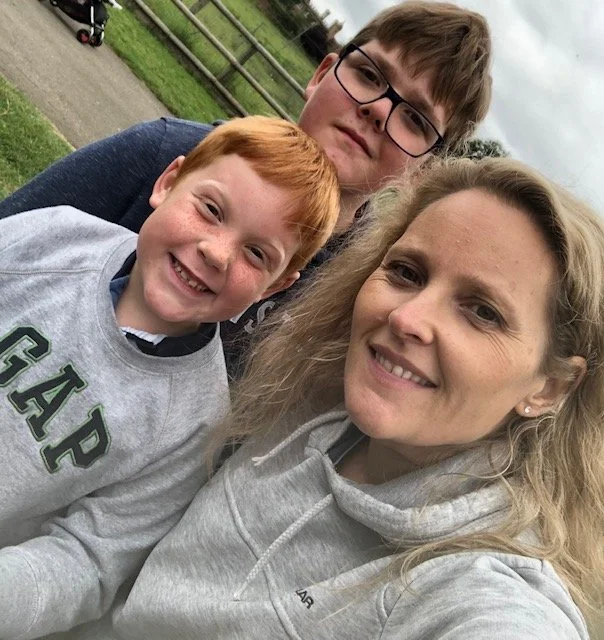Written by Claire Burgess, Family Consultant. Hay fever is a reaction to pollen which happens when pollen comes into contact with the mouth, nose, eyes or throat. Pollen from trees, grass and flowers can cause irritation, and in some cases make your little one feel quite poorly. Hay fever typically affects individuals between March and September and this can be when the pollen count is at its highest.
Read MoreCategories
ALL | Babies | Behaviour | Bereavement | Co-Parenting | Food and weaning | Getting to know | Grandparents | Health | Lockdown | Nursery | Other | Play | Routines | School | Separation anxiety | Siblings | Sleep | Teething | Toilet Training | Transitions | Travel | Tweens and Teens | Twins
You can also check out all of our practical videos on our YouTube Channel here - these include nappy changing, making up a bottle, topping and tailing and so much more!
Written by Cheryl Bedding, Aperion SEND Training and Consultancy. When we think of a child with additional needs, challenging behaviours, special needs or delayed development what do we think? Do we think what can we learn from them, how fascinating, how amazing to see the world differently from everyone else, how can they enhance my life? Probably not. It’s more likely that we think or see barriers, we see problems, we see how this will affect the way we work, the time we need to give for support, the possible referrals process and the challenges the child will be facing.
Read MoreWritten by Claire Burgess, Family Consultant. Resilience is the skill of ‘bouncing back’ when you come up against tricky times, challenges, or stress. It is not something that you do or don’t have, it is something which is learnt, practiced, and strengthened over time. Our children have to learn resilience starting from a very young age and this is often developed (and experienced) through their play.
Read MoreWritten by Alina Lynden, ERIC, The Children’s Bowel and Bladder Charity. Stool withholding and delaying emptying the bladder are both issues which can cause a huge amount of stress and confusion to families, but help is out there. In this blog I explain why withholding can happen, the effect it can have on your child's body and behaviour and what you can do to help them to relax and feel more positive about going to the loo.
Read MoreWritten by Muddy Puddles. Do you love the outdoors but want some inspiration about fun things to do as a family this Spring? Check out these top 10 ideas from Muddy Puddles!
Read MoreWritten by Claire Burgess, Family Consultant. Has your child suddenly started to say, “I’m scared!”, “I don’t like the dark”, or “I’m scared of the dark”? If so, please be reassured that this is a very normal phase of development and can be experienced by lots of children, their parents and carers. Most often the biggest impact of this can be around bedtimes where little ones are typically on their own and it is dark. This sense of fear can have an impact on sleep, bedtimes or even cause waking in the night.
Read MoreWritten by Claire Burgess, Family Consultant. Trying to get your little one into a car seat can often require a great deal of patience and negotiation at times! This can leave us feeling hugely frustrated, especially when we are in a hurry!
In this blog I look at why this might be happening and what things you can do to help the situation.
Read MoreWritten by Claire Burgess, Family Consultant. When it comes to mealtimes can you be sure that your little one is sitting comfortably? We can often find that babies, toddlers and older children can fidget at mealtimes, want to climb out of a highchair or refuse to use the chair that you are suggesting.
For our children to eat well they also need to be sitting comfortably, but what do I mean by this?
Read MoreWritten by Claire Burgess, Family Consultant. This is something that most parents have to deal with at some time or another with their child/ren and family members. Hugs and kisses are a way in which we show our affection to each other and often, as adults, we will greet people or say goodbye with a hug or a kiss, but we often know when not to as this isn’t something everyone feels comfortable with.
Read More









